Modern industrialization – a prime defining feature of the present era – is generally taken as synonymous with the preponderance of large scale, mass production enterprises in an economy leading to enormous increase in labour productivity, urbanization and a large and growing middle-income group specialized in the generation and utilization of high technology. Contrary to this kind of stipulation, one finds tenacious survival of small enterprises, household enterprises, own-account, informal enterprises, both in traditional and new lines of production, in practically all countries irrespective of the stage of industrialization. There seems to be inadequate realization that instead of imitating the industrial growth path and pattern of the West, a lot has to be done to mitigate the persistent adverse socio-economic effects of the early industrialisation of a few select countries in order to enable the countries like India to really prosper. The above propositions are all the more germane to the conditions prevalent in rural India and for their transition from the predominance of subsistence agriculture to a vibrant, people-friendly, diversified and prosperous economy, making creative use of the scientific and technological advances. While keeping these kind of considerations upper most in our thinking, a number of papers which seem likely to make a modest advance in generating, spreading, strengthening and concretizing widespread understanding over such issues, like the evolving relationships between rural industries and changing a developing technologies, the role of small entrepreneurs, dispersal of industries firm linkage between industrial growth and expression opportunities of the kind which contribute to equity and environmental sustainability and higher quality of life according to freely and competently exercised choices by the people at large in a cultural milieu have been put together in this volume. It is hoped that these sensitive and significant issues would receive ever more attention in days ahead as the struggles over the development path are getting a new lease of life as a result of widespread failures and disenchantment over the philosophy and outcomes of liberalization-globalisation-privatisation as the as the key elements of development policy in dozens of third world countries.
Appropriate Development: People First
$25.20
$28.00

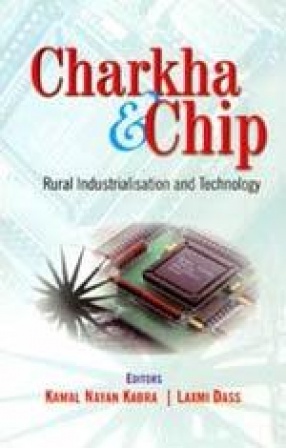

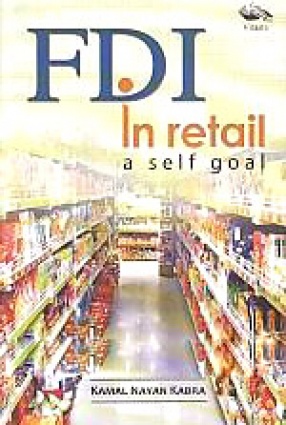
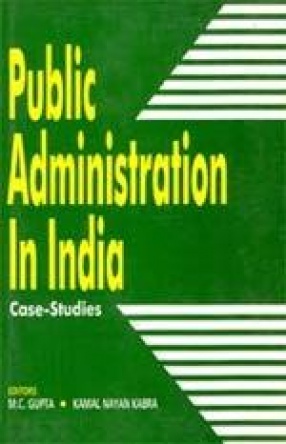


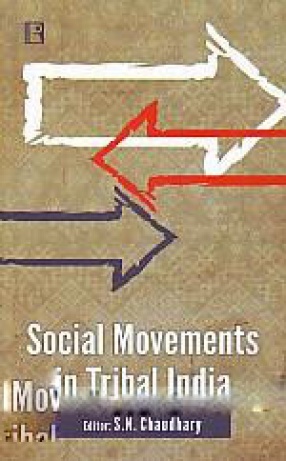
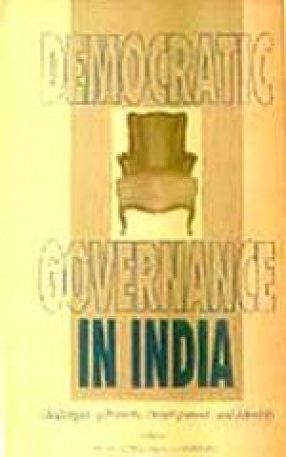
There are no reviews yet.